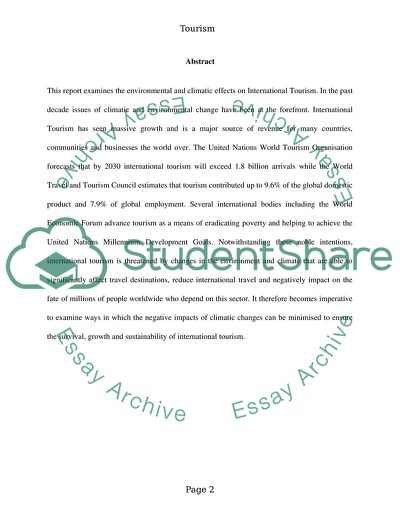Cite this document
(Impact of International Tourism on Climate Change Report - 1, n.d.)
Impact of International Tourism on Climate Change Report - 1. https://studentshare.org/tourism/1876408-research-report
Impact of International Tourism on Climate Change Report - 1. https://studentshare.org/tourism/1876408-research-report
(Impact of International Tourism on Climate Change Report - 1)
Impact of International Tourism on Climate Change Report - 1. https://studentshare.org/tourism/1876408-research-report.
Impact of International Tourism on Climate Change Report - 1. https://studentshare.org/tourism/1876408-research-report.
“Impact of International Tourism on Climate Change Report - 1”. https://studentshare.org/tourism/1876408-research-report.


